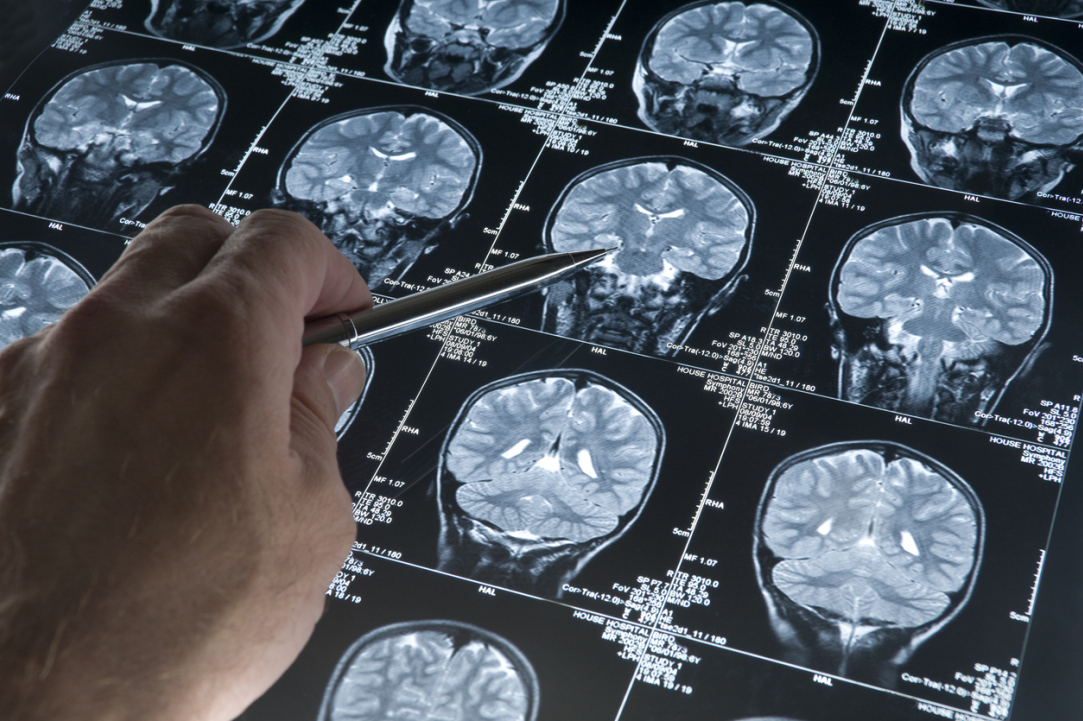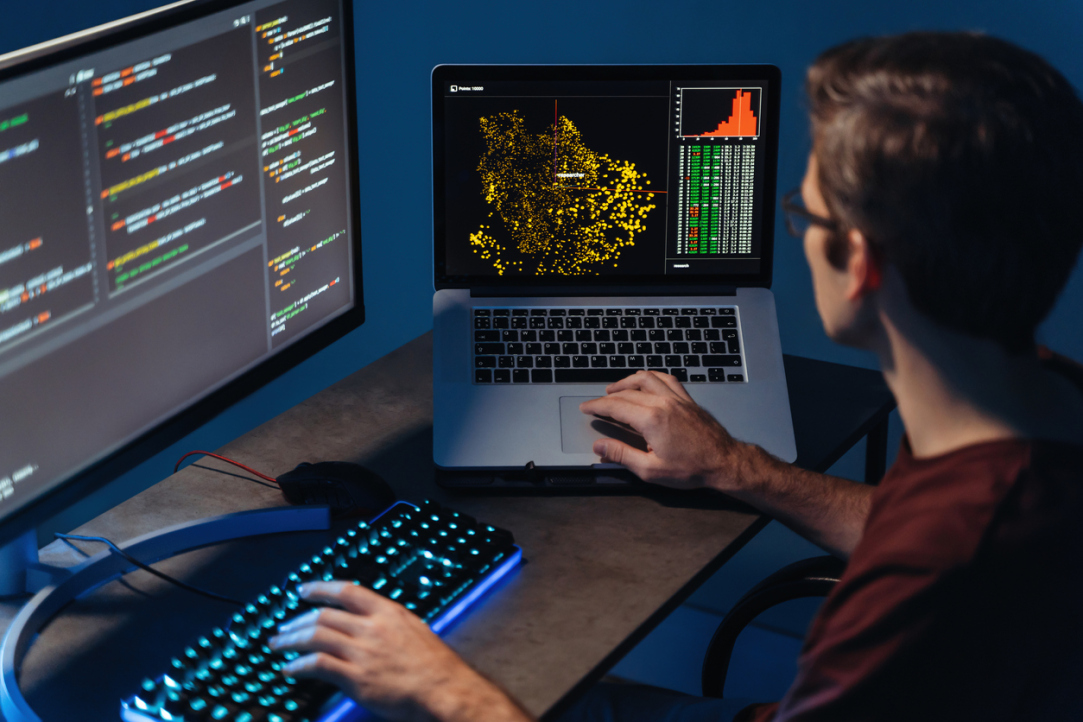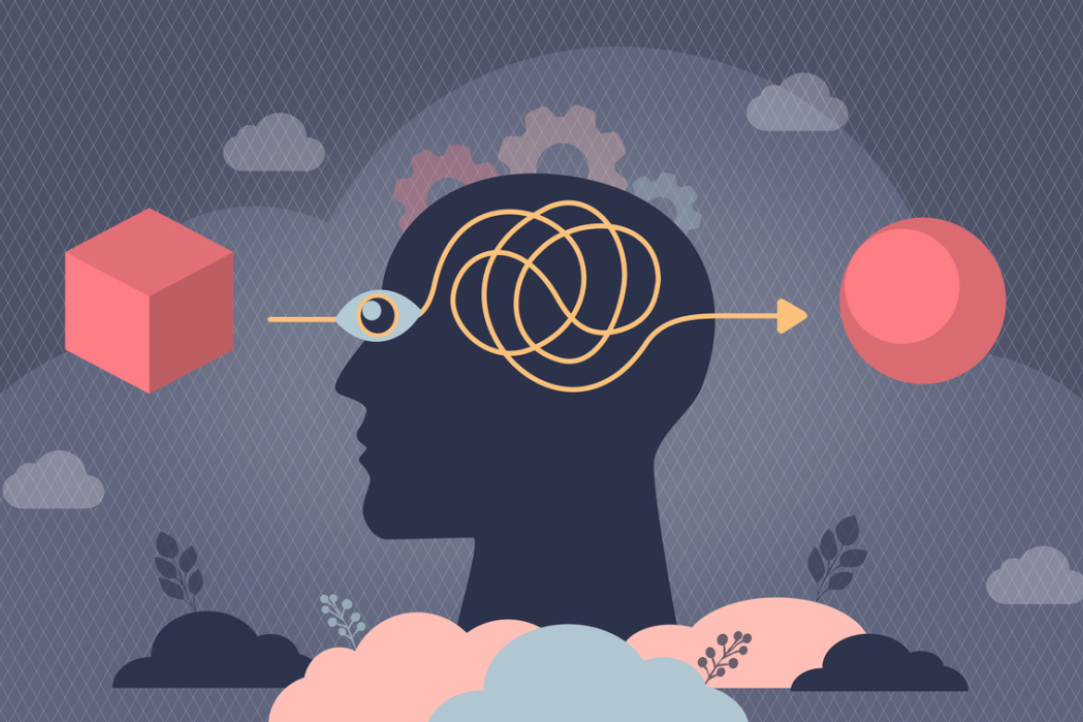Researchers at HSE University and the Russian Academy of Sciences Institute of Molecular Biology have proposed investigating the response of the blood-brain barrier (BBB), the brain's natural filter that becomes disrupted by the disease, to transcranial brain stimulation. Understanding how the BBB changes during stimulation can, in theory, enhance treatment by facilitating more effective delivery of medications to the brain in the early stages of the disease, and by providing therapeutic support for brain function in the latter stages. The study has been published in
Communications Biology.




















